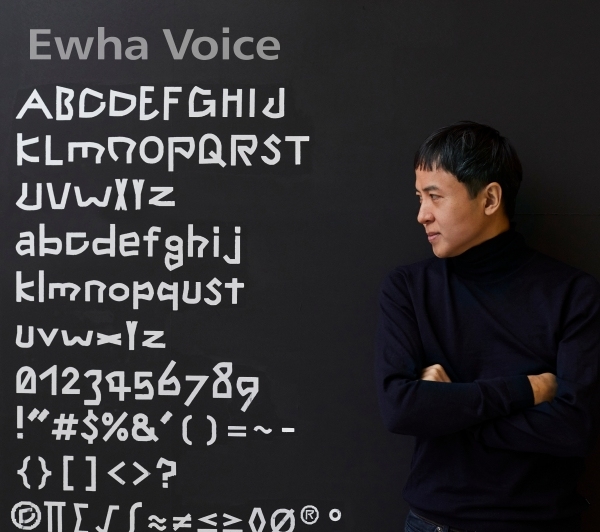
The global pandemic has had a profound impact on the arts and cultural sector. Cancelled openings, loss of sales and lack of audience participation especially made it a difficult period for the artists. Yet, as much as it was a challenge for all, it was a turning point. Experiencing significant economic setbacks, the artists found their own ways to cope with the new reality.
The art industry went through major transitions after COVID-19, as it began to center on more profound issues. In the past, there were clear geopolitical boundaries. As a result, conflicting relationships were formed. Amidst such humanitarian and social crises, art was expected to become a problem solver. However, recently, there has been a shift in interest towards higher level problems facing humanity such as the global environment, Anthropocene, and future generations. Likewise, art is expected to play a bigger role as it takes more comprehensive issues into consideration.
Lee Daehyung, art director and founder of a curating company, Hzone Art Consulting, pointed out that the art industry is putting effort into creating a better environment for artistic creation. As a curator, he hopes to redefine the social role of art and expand his curatorial practice to the issues of environment, community, technology, and future humanity. Lee believes a truly sustainable environment would only be created once art breaks from its reliance on subsidies. Art should have its own position as a subject creating values not as a target for support.
In an interview, Lee once mentioned people’s increasing interest in the environment and biophilia, their craving for nature. As biophilia is closely connected with humanity, there have been positive changes such as an increase in interest and budget dealing with the issue, especially during the pandemic. Nature has been alerting the impending danger from the past. Thus, he believes that it is time we listen to the voice of nature and reevaluate our culture.
Lee also emphasized art’s role as the front wheel with technology functioning as a driving force in the back. Art has become a network enabling global cooperation and social, environmental changes have become topics of art.
“AI, metaverse, and the pandemic have brought forward the end of traditional curators,” Lee said. “Instead, it opened a new era of curating based on networks. The power to produce added values has transcended boundaries, gender, ideologies, to agility and collaboration based on real time communication. We would not be able to take a single step alone.”
Professor Park Shin-Eui from the Graduate School of Business at Kyunghee University, currently working as the head of the Center for Arts & Cultural Management, commented on the changes of the art industry after the pandemic.
Looking back at 2020, Park recalled there were various types of swift emergency support for the art sector. However, she believes these were temporary measures, and a more structural change is needed to expand opportunities for artistic creation. Especially compared to other countries, the art industry in Korea failed to actively function as a medium of resilience and healing during a period of exhaustion.
“I would say the biggest change after COVID-19 is the integration of online and offline artistic activities,” Park said. “In the beginning, many artists were flustered with the use of online platforms. But now, with enough policy support, the art ecosystem is keeping up with the global trend.”
Regarding art’s expansion to the environment, ecosystem and even science, Park believes art possesses intrinsic value beyond the secular values. By combining fundamental values in each of the fields, it induces people to think and reflect.
“As society as a whole went through depression and anxiety, social arts received much more attention. Therefore, we should now see art beyond an industry or genre, and more of a significant standard that possesses intrinsic values of human civilization.”

